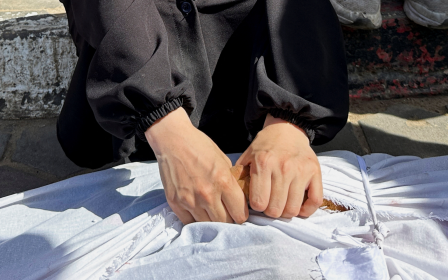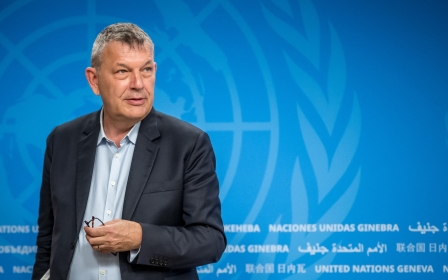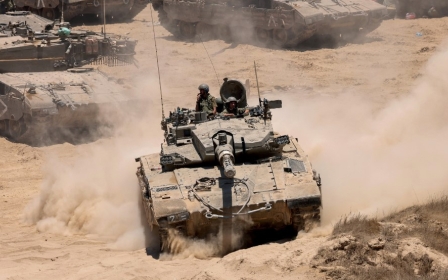Hamas demands Israel end Gaza blockade as part of ceasefire deal
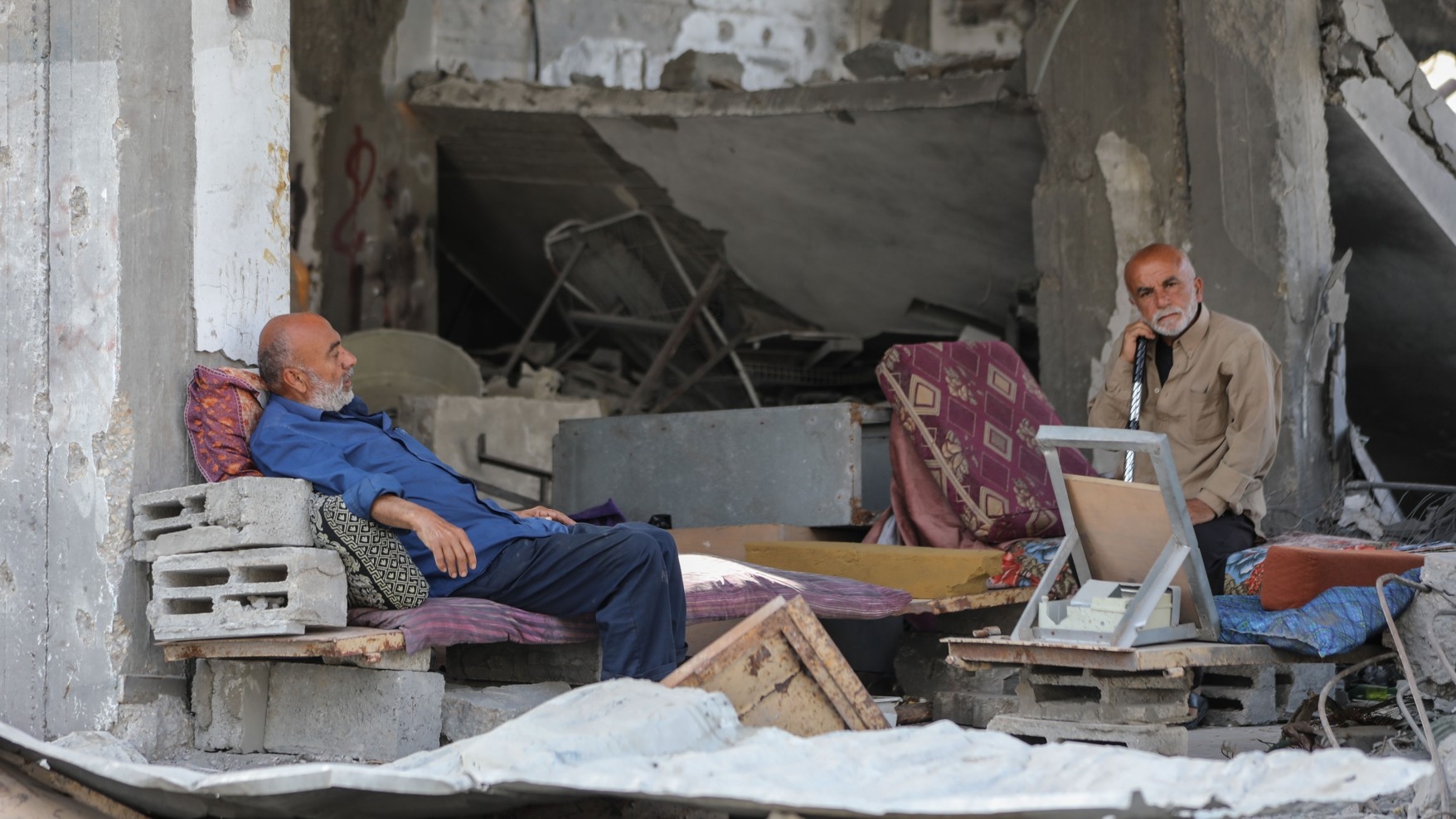
Hamas is demanding that Israel lift its debilitating 17-year-long blockade on Gaza, and that Israeli forces fully withdraw from the territory in the initial stage of the US-mediated ceasefire proposal, Middle East Eye can reveal.
According to amendments submitted to Egyptian and Qatari mediators earlier this week, Hamas demanded an end to the siege on Gaza which would allow the free movement of people and goods into the territory.
The Israeli land, air and sea blockade, which began after Hamas won the 2006 Palestinian legislative elections, has left the more than two million Palestinians living there in conditions described by rights groups as an open-air prison.
Israel's public rationale for imposing the siege has been focused on the security of its citizens and holding Hamas, which it considers to be a terrorist group, accountable for rocket attacks on them.
Israel prevents Palestinian authorities from operating an airport or seaport in Gaza, and sharply restricts the entry and exit of goods.
New MEE newsletter: Jerusalem Dispatch
Sign up to get the latest insights and analysis on Israel-Palestine, alongside Turkey Unpacked and other MEE newsletters
Since the war erupted in mid-October, famine has engulfed several parts of the enclave and nearly the entire population relies on foreign aid to survive. The cost of damage to critical infrastructure is estimated at around $18.5bn, with nearly all schools, hospitals, power plants and roads destroyed.
Around 84 percent of health facilities have either been damaged or destroyed, and a lack of electricity and water to operate the remaining ones has left the population with minimal access to healthcare.
According to other amendments submitted to mediators earlier this week, Hamas demanded that Israeli forces fully withdraw from the entire Gaza Strip in the first phase of the ceasefire, including the Rafah crossing and the so-called Philadelphi Corridor, which runs along the border between the strip and Egypt.
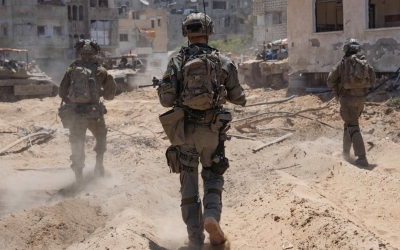
The Palestinian group also removed a clause that would allow Israel to dictate which prisoners could be released. It also removed restrictions that Palestinians serving more than 15 years could be freed as part of the deal.
In addition, Hamas demanded that Russia, China and Turkey also act as guarantors that Israel would stop the fighting. The initial proposal backed by Israel and the US listed Egypt, Qatar and the US as guarantors.
Earlier on Thursday, a senior Hamas official told reporters that the group demanded that it also be allowed to select a list of 100 Palestinian prisoners with long-term sentences that would be released from Israeli jails.
US Secretary of State Antony Blinken had said on Wednesday that the Palestinian group had made numerous amendments to the US-backed ceasefire plan, some of which he deemed unworkable.
The three-phase plan had envisioned a full Israeli withdrawal only after an initial six-week truce during which the pullout was to be negotiated.
The key point of contention among Hamas was that the second phase and a transition to a permanent ceasefire be guaranteed, something which Israel has refused to accept.
While the US-backed proposal appears to provide for a permanent ceasefire in the second phase of the deal, with the provision that Israel could resume its campaign if Hamas breaches the deal, Prime Minister Benjamin Netanyahu has been adamant that the reporting is incorrect.
He and other Israeli leaders have said that they do not intend to end the war until Hamas has been destroyed.
Middle East Eye delivers independent and unrivalled coverage and analysis of the Middle East, North Africa and beyond. To learn more about republishing this content and the associated fees, please fill out this form. More about MEE can be found here.


